2012.12.30 13:05
In the future, everything will be a museum.
If ours is "an era of decadent, mass-produced, Orwellian mendacity about everything our culture is or aspires to be," then isn't that what our architecture should reflect?
Quondam, you believe that is what architecture should reflect?
Other than that, I don't find that decadent need be strung along with the other words. And iI don't know whether 'our culture' really aspires to be anything..No, even, perhaps 'our culture' aspires to be what it is not now and what it seems destined to be... So there is the possibility of contradiction in your question.
Of course there is the possibility of contradiction in my question--the contradiction was the point.
The question is mine, but not the quotation.
I believe in multiple choice:
a. Welcome to the Hotel Zeitgeist.
b. In the future, everything will be a Zeitgeist Museum.
c. In the future, everything will be a museum shop.
d. One museum fits all Zeitgeists. (Period rooms of the world unite!)
e. In the Zeitgeist, everything will be the future.
2013.02.18 11:52
What are architects immediately critical of when entering a building?
I just finished writing a novel where 20% of the world's population employs an architect--after cell phones, i-pads, etc., architects have become the must-have life accessory--most consult their architects on a daily basis. Then, of course, the competition among architects is fierce, thus the book is like The Gong Show meets Fantasy Island.
2013.02.28 11:49
Thread Central
Still spot reading (indexed passages, whole chapters) The Autopoiesis of Architecture, both volumes, and beginning to wonder whether these books will prove to be highly influential in subtle ways that don't even relate specifically to parametrics. The books cover a large range of topics, all delivered in condensed form, and it is this condensification that I think manifests the high potential for longevity of influence.
Bilocation can be fun. Inspiring, even.
Durand Revisted Parametrically--sometime in the 21st century?
2013.03.28 10:36
Is drawing dead?
Word processing doesn't make me less considerate of what I write, in fact, it gives my words alacrity. The same can be said of what CAD gives my designing.
2013.03.29 17:41
Is drawing dead?
...you just wrote something that uncannily relates to how I see my designing via CAD as different from how architects are generally taught to design. From virtually the very beginning, now 30 years ago, CAD has indeed made me want to "design by quickly throwing something together," and it's not to be fast and done, but to be that confident and actually good.
2013.04.10 16:19
10 April
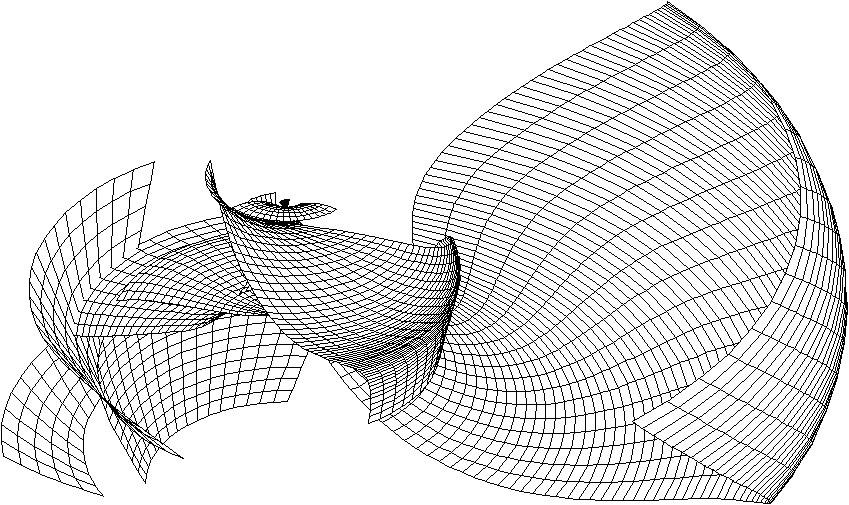
just another not there city plan
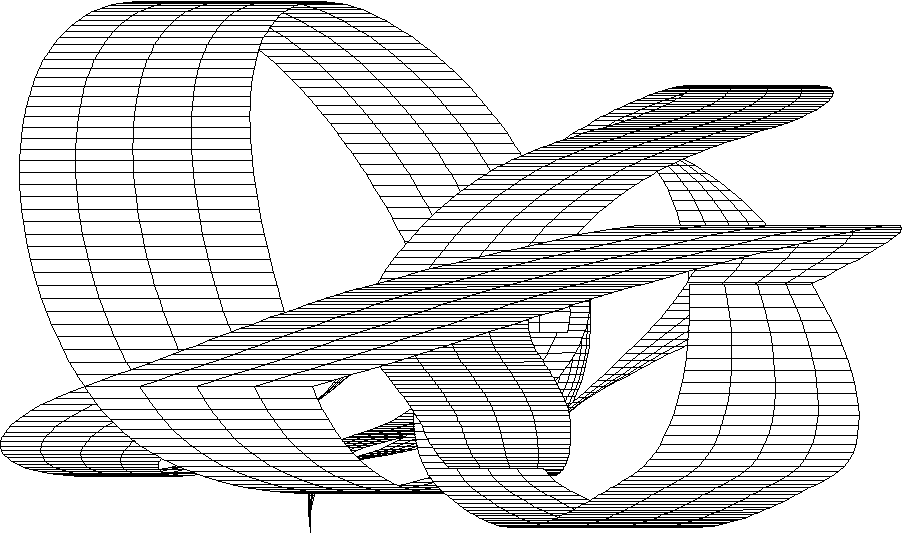
sprawlopolis 002, plan
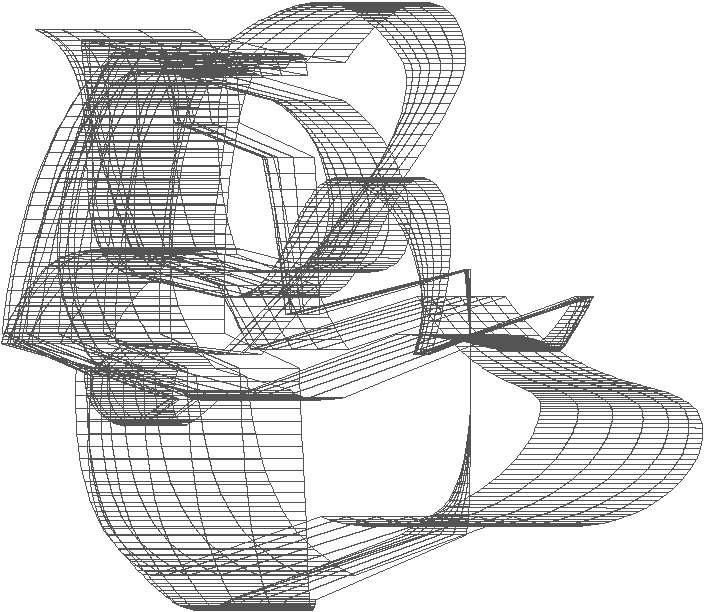
hyperbuilding take two, transparency diagram

just wait architecture
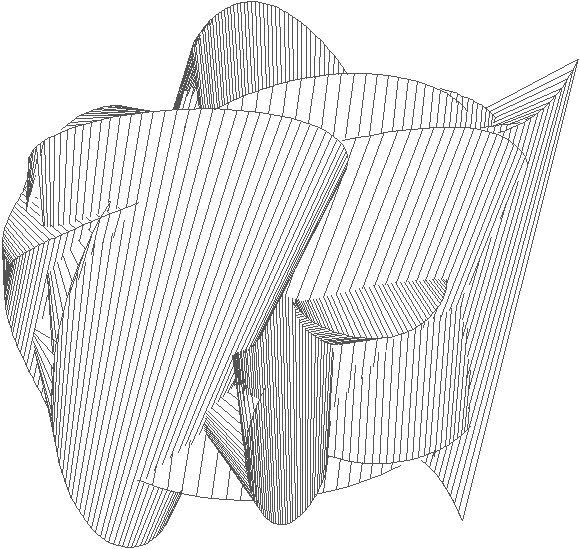
just wait architecture
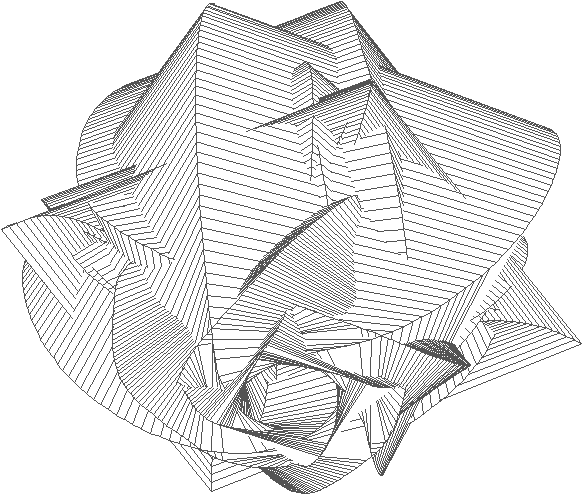
just wait architecture
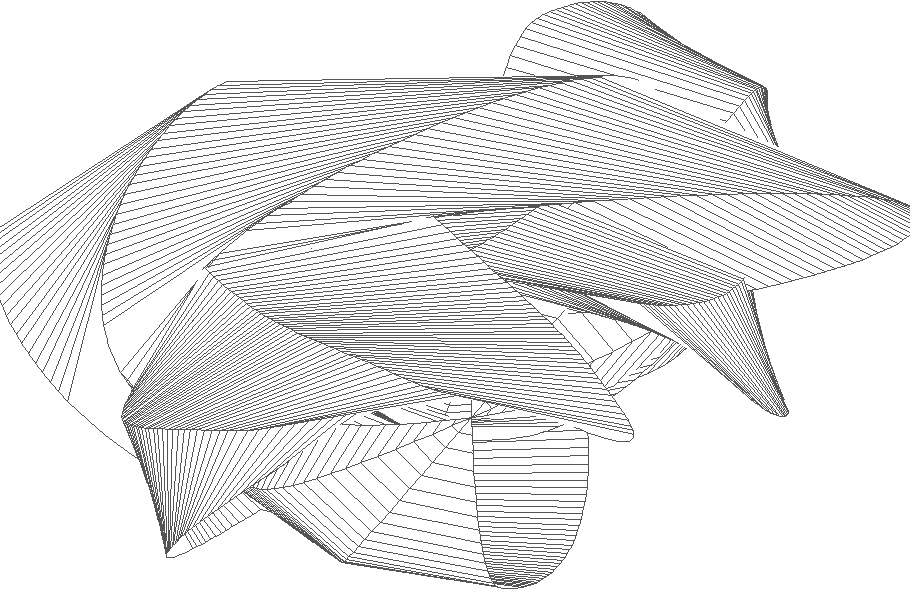
probably soon architecture
| |
2013.05.21 21:29
What are the cultural ingredients of architecture today?
form follows function
--well over a century ago
less is more
--four generations ago
You could say OMA's Content of a decade ago kind of mixed architecture with cultural ingredients.
crumble follows crumple
--something Orhan wrote last week
Has the recipe been rewritten lately?
2013.05.23 09:59
What are the cultural ingredients of architecture today?
Is FACTUM arte a possible proto-type of future architectural business? Like the architect could spec Duchamp Fountains for all the men's rooms to add some culture to the act of purgation.
Is the real value then in the 3D data file that tells the 3D printer what to do?
(Although I very much doubt I'll personally get to see it, nevertheless) Could someone that inherits all of Quondam's 2D and 3D file data someday in the future decide to 3D print it all out and thus make an actual Museum of Architecture?!?
note to self: rewrite my will to make sure I bequeath all of Quondam's data to an entity that has the money and operation to actually turn Quondam into a reality. I'm sure Disney could do it, but it would be funny to leave it all to China. Why am I leaning toward Dubai?
Next time someone asks me what I do, I'll tell them I'm very busy becoming posthumously famous.
2013.07.12 18:36
Why is everyone bashing OMA and Rem Koolhaas?
... just before I read your post above, I read (in the Labyrinth preface), "As for Kafka's precursors, Borges's erudition takes pleasure in finding them in Zeno of Elea, Kierkegaard and Robert Browning. In each of these authors there is some Kafka, but if Kafka had not written, nobody would have been able to notice it--whence this very Borgesian paradox" "Every writer creates his own precursors.""
Because of this thread I have a whole new appreciation of the Seattle Public Library--"a genuine affordment of a covered liberal space." Is this really something of a rare manifestation in today's urban realm? Can the SPL be seen as a truly new paradigm of "covered liberal space"? Is commerce-free, covered liberal space even a viable urban typology? Yes, "it needs more thought."
2013.07.12 19:37
12 July
Just read this is Maurois's 'Preface' of Borges's Labyrinths:
(Schopenhauer, Borges remarks, has already written that life and dreams are leaves of the same book: reading them in order is living; skimming through them is dreaming.) In death we shall rediscover all the instants of our life and we shall freely combine them as in dreams. "God, our friends, and Shakespeare will collaborate with us." Nothing pleases Borges better than to play in this way with mind, dreams, space and time. The more complicated the game becomes, the happier he is. The dreamer can be dreamed in his turn.
2013.07.18 13:13
18 July
...some Borges, some Capote, some Quondam
"A labyrinth of symbols," he corrected. "An invisible labyrinth of time."
"...I questioned myself about the ways in which a book can be infinite. I could think of nothing other than a cyclic volume, a circular one. A book whose last page was identical with the first, a book which had the possibility of continuing indefinitely."
I have taken on the mysterious duty of reconstructing literally his spontaneous work. My solitary game is governed by two polar laws. The first permits me to essay variations of a formal or psychological type; the second obliges me to scarifice these variations to the "original" text and reason out this annihilation in an irrefutable manner...
Some years earlier, Lillian Ross had published Picture, her account of the making of a movie, The Red Badge of Courage; with its fast cuts, its flash forward and back it was itself like a movie, and as I read it I wondered what would happen if the author let go of her hard linear straight-reporting discipline and handled her material as if it were fictional--would the book gain or lose?
...I wonder what would happen if the architect let go of his straight-curating discipline and handled the material as if it were fictional--would the museum gain or lose?
2013.07.20 10:37
20 July
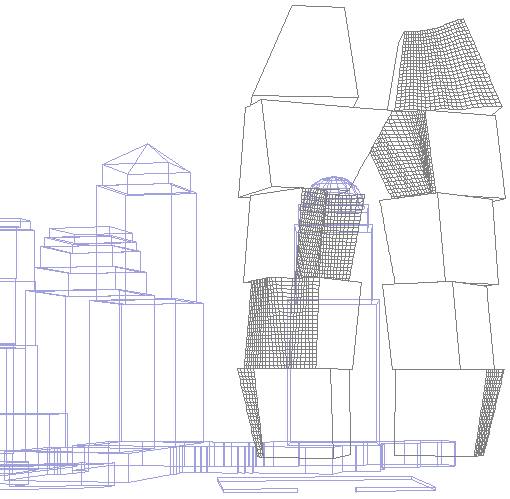
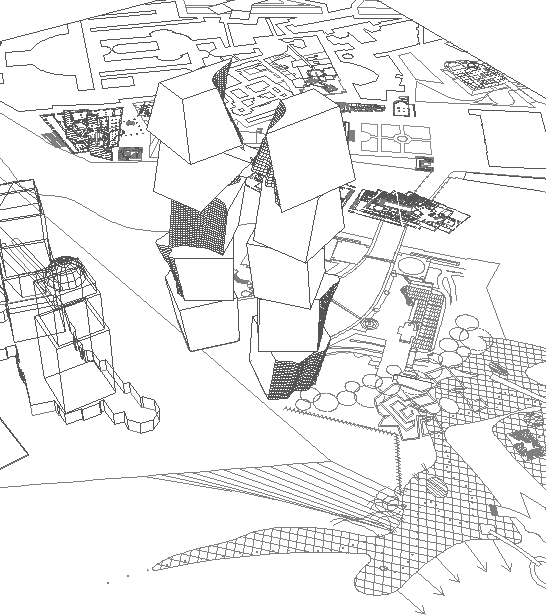
Though don't stand around these buildings during a heavy rain.
|